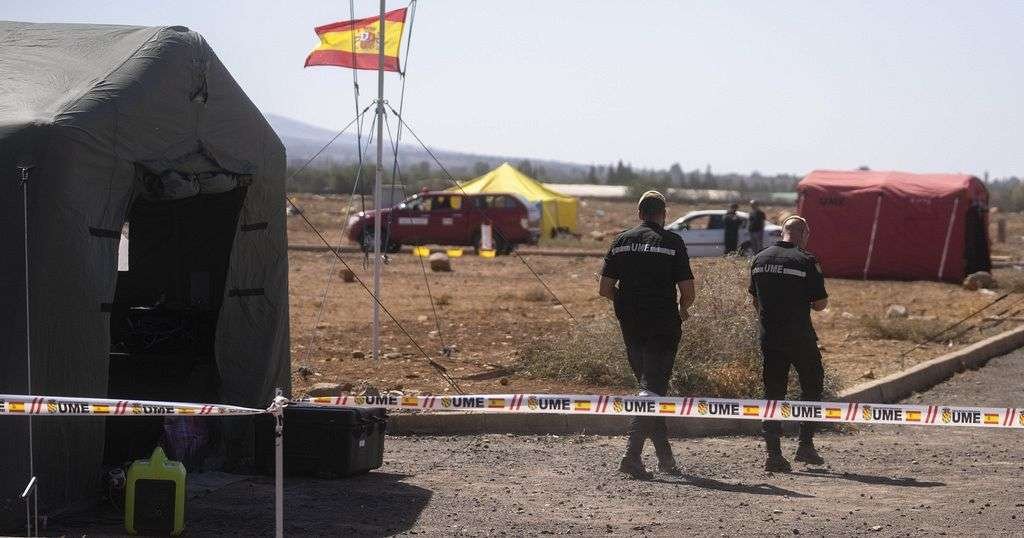Rabat, Morocco – (African Boulevard News) – The recent earthquake in Morocco has not only shaken the country physically but has also served as a turning point in its regional aspirations. Experts suggest that Morocco’s reluctance to accept help from France in the aftermath of the disaster has highlighted its desire to establish itself as a self-reliant and independent nation.
The earthquake, which struck the northern region of the country, has caused widespread destruction and claimed the lives of many. However, despite the scale of the disaster, Morocco has chosen to handle the crisis on its own, refusing international aid offers from France.
Former president of Action Against Hunger, Claire Shandley, believes that Morocco’s decision is a significant moment in the country’s international relations. She states, “Morocco’s refusal of assistance from France demonstrates its determination to assert itself as a capable and independent nation, willing to tackle challenges on its own.”
Morocco has indeed been actively pursuing a regional leadership role in recent years, with ambitious development plans and diplomatic initiatives. The country aims to strengthen its influence and become a regional economic and political powerhouse. By rejecting external aid, Morocco is sending a clear message that it wants to rely on its own resources and capabilities to overcome adversities.
This stance has garnered mixed reactions. Some view it as a courageous move, showcasing Morocco’s determination to stand on its own feet. Others, however, express concerns about the potential repercussions of rejecting assistance, especially in the face of such a devastating natural disaster.
As Morocco continues to grapple with the aftermath of the earthquake, it remains to be seen how this decision will shape the country’s future. Will it strengthen Morocco’s regional aspirations or hinder its progress on the international stage?
For now, the Moroccan government is focusing on immediate relief efforts, providing aid and support to affected communities. The resilience and solidarity demonstrated by the Moroccan people in the face of this tragedy are commendable.
Morocco’s rejection of external assistance serves as a reminder that the country is determined to navigate its own course and assert its position in the region. As the recovery efforts continue, it is crucial for Morocco to strike a balance between self-reliance and international cooperation, leveraging its regional aspirations to build a resilient and prosperous future.
In conclusion, the earthquake in Morocco has become a turning point for the country’s regional aspirations. By refusing help from France, Morocco is signaling its desire to establish itself as an independent nation. As recovery efforts continue, it is imperative for Morocco to find a balance between self-reliance and international cooperation, ensuring its regional aspirations align with its long-term development goals.

